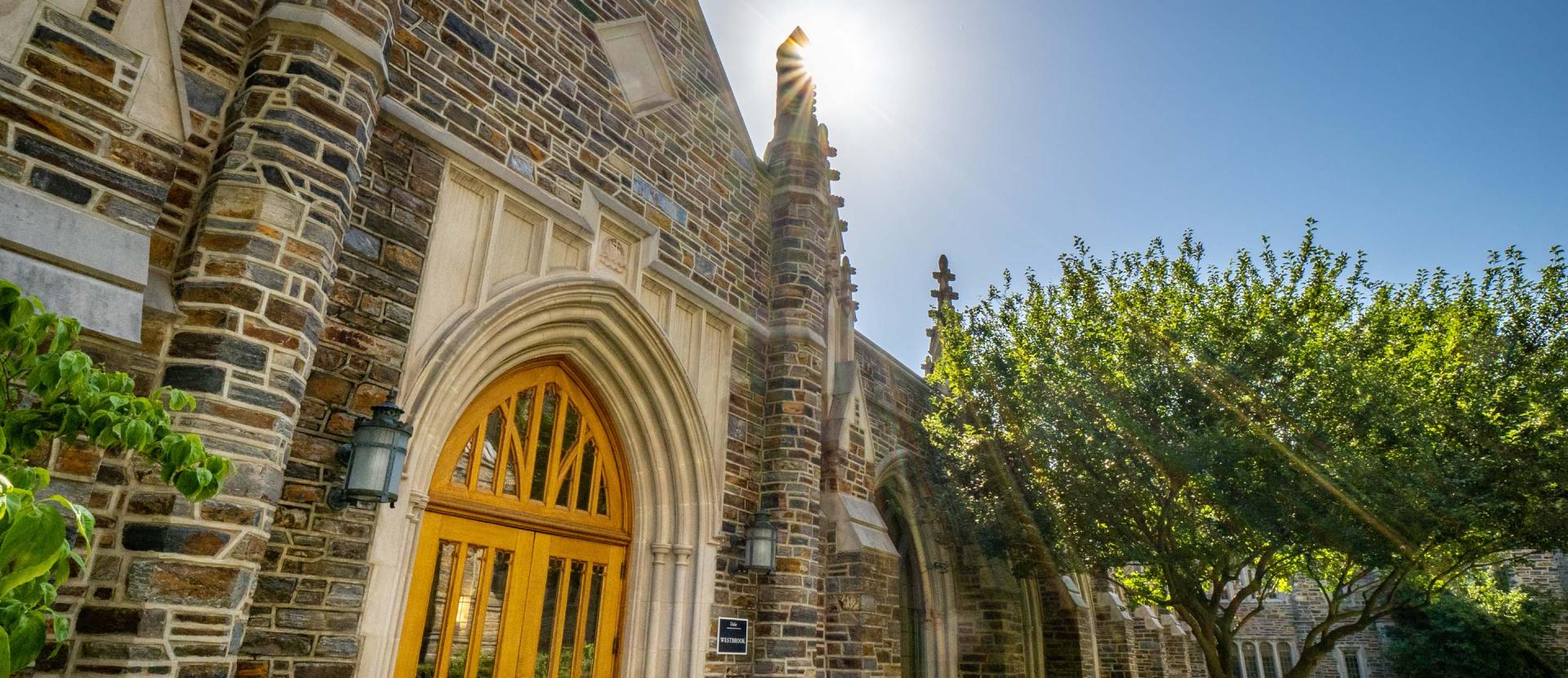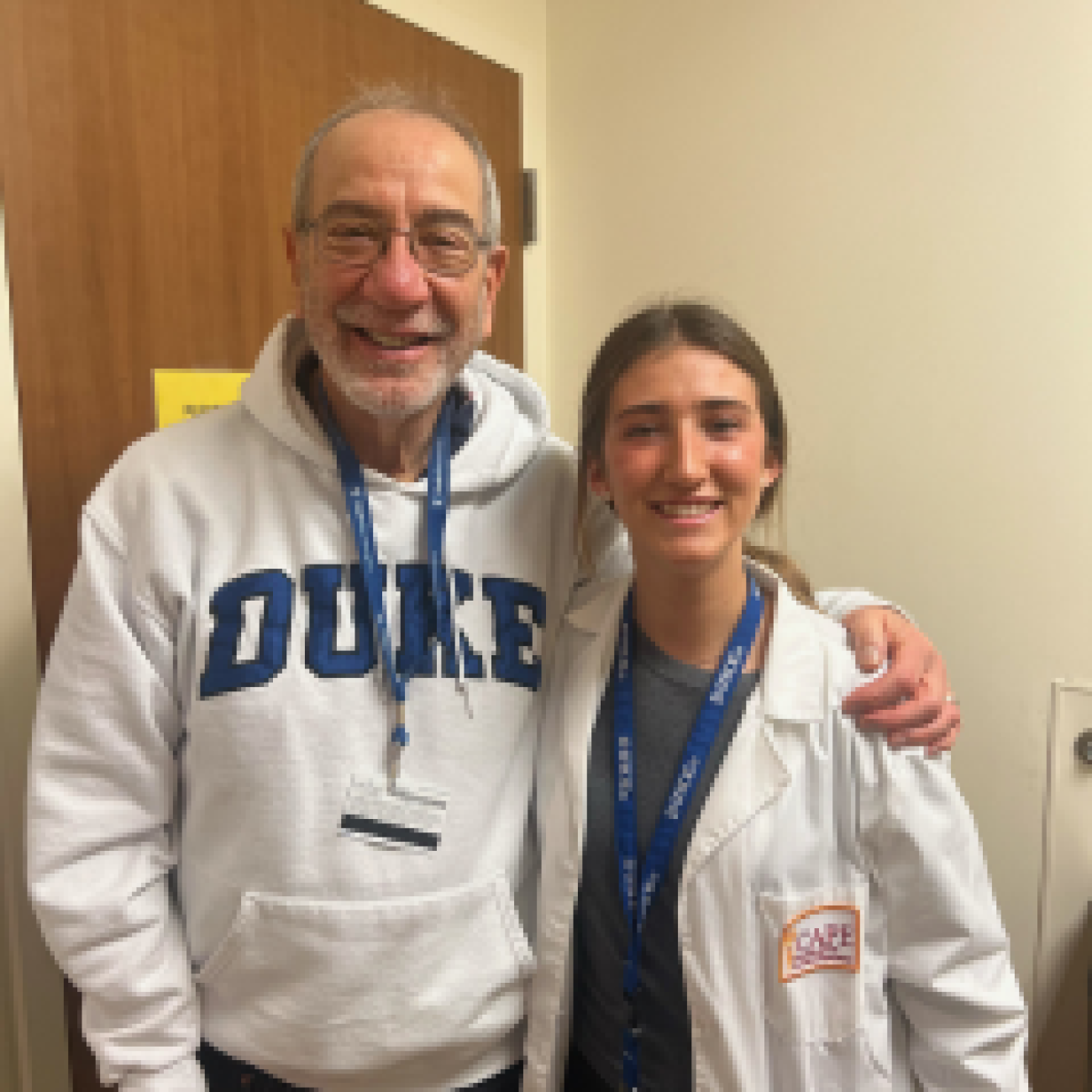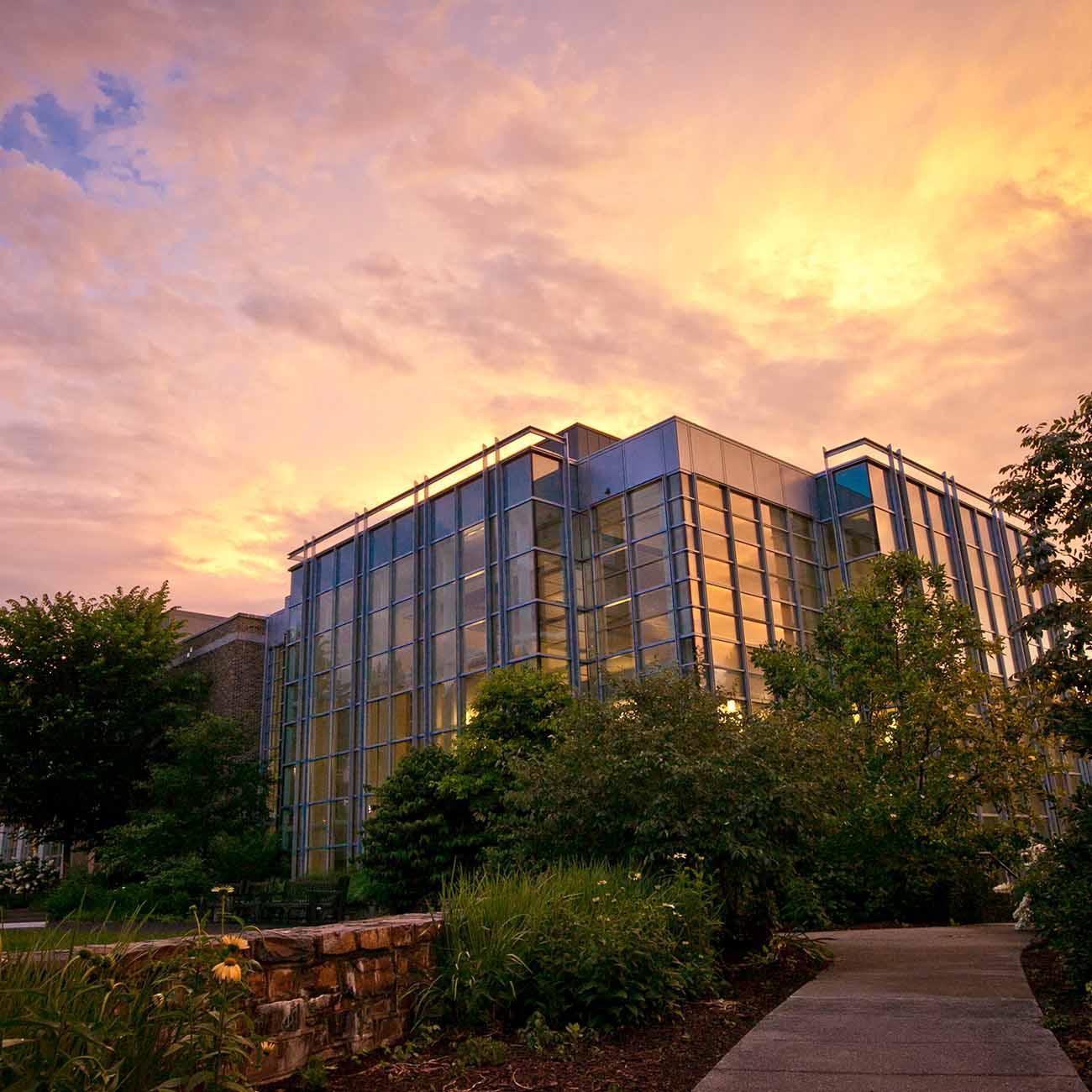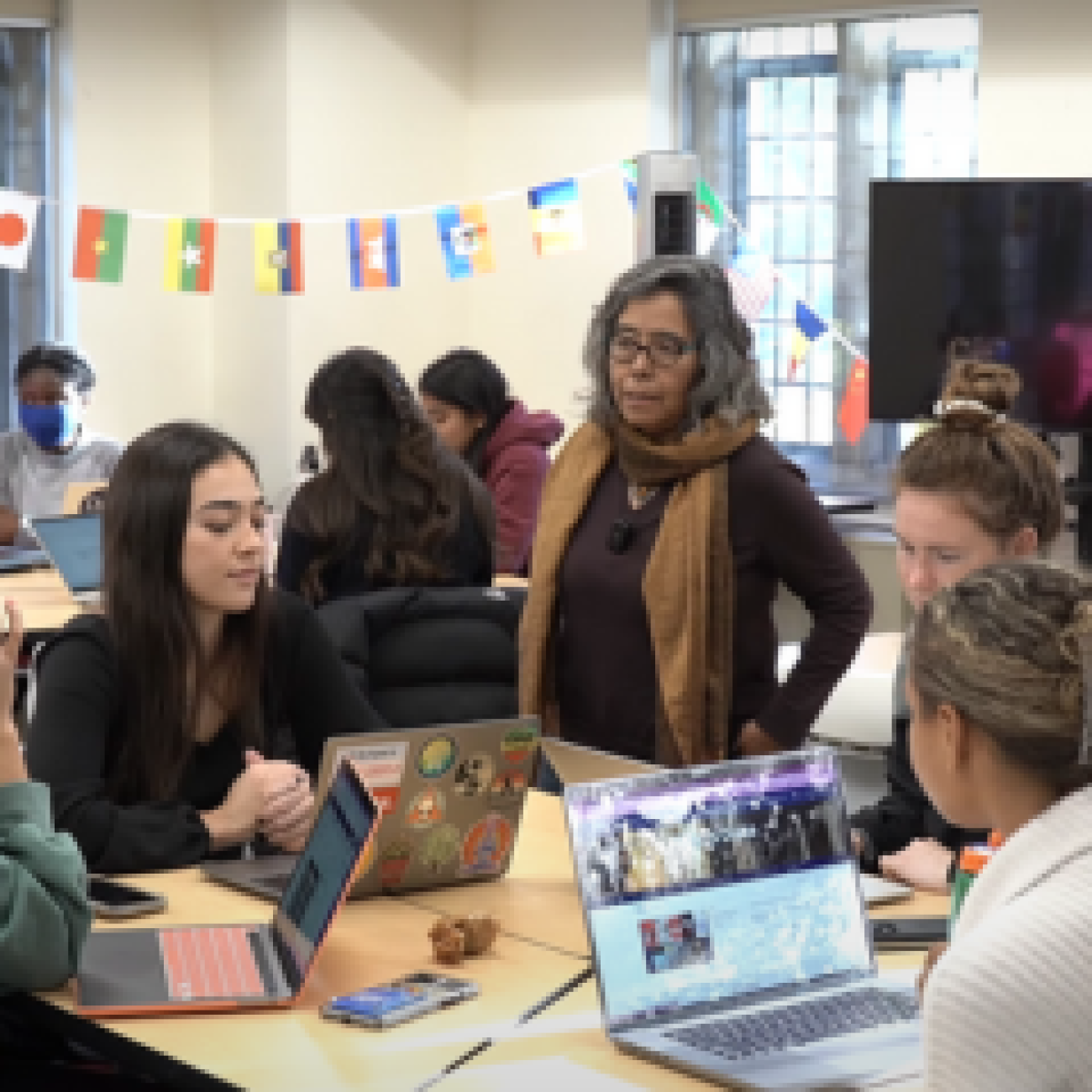Community-Engaged Research Projects Take on Environmental and Climate Justice Issues Close to Home
Four research projects focusing on diverse aspects of climate and environmental justice in the Carolinas have been chosen for funding from The Duke Endowment. These projects will be led by Duke faculty members from Law, Engineering, Nicholas, Divinity and the Nicholas Institute and will leverage collaborator and partner expertise from across the university and beyond.
The projects will receive up to $150,000 and project management support from the Office of the Vice President for Research. All projects will begin on July 1, 2024, and end by June 30, 2026.
Environmental and climate justice is one of four research priority areas in the Duke Climate Commitment, which addresses the climate challenge by creating sustainable and equitable solutions that place society on the path toward a resilient, flourishing, carbon-neutral world.
Duke’s offices of Durham & Community Affairs, Climate and Sustainability, Faculty Advancement, and Interdisciplinary Studies collaborated on the request for proposals. This opportunity builds on previous cycles focused on “Racial and Social Equity in Local Context” (2023), “Racial Inequality” (2022) and “Reckoning With Race, Racism and the History of the American South” (2021). Duke’s Office of Research Initiatives will also be collaborating to provide the winning groups with access to a seasoned project manager.
Community-Engaged Research
As a major research institution, Duke has the opportunity to leverage its research expertise, in partnership with community organizations and local institutions, to deepen our understanding of environmental and climate justice and to apply that knowledge to produce more equitable outcomes.
Community-engaged research involves co-creation between academic scholars and partners beyond the campus. Environmental and climate justice research and practice are rooted in this ethos of equitable partnership at all phases of research, from the conceptualization of research agendas to the sharing of findings and analysis.
Projects, Lead Faculty and Collaborators
Cooling Communities: Strategic Partnerships for Energy Equity in the Carolinas
Leads: Ashley Ward, Director, Heat Policy Innovation Hub, Nicholas Institute for Energy, Environment & Sustainability; Linda Coley, Executive Director, Ormond Center, Divinity School; Francis Bouchard, Managing Director, Climate, Marsh McLennan; Susannah Tuttle, Director, N.C. Interfaith Power & Light, N.C. Council of Churches; Robert Reese, Director, S.C. Interfaith Power & Light
Collaborators: Conitsha Barnes, State Energy Policy Director, Duke Energy; Jordan Clark, Senior Policy Associate, Nicolas Institute; Michelle Lewis, Instructor, Special Programs, Divinity School
This project aims to assess the feasibility of a parametric insurance model triggered by high temperatures and explore community-based strategies to mitigate heat exposure. The world faces a critical juncture where extreme heat poses an existential threat to public health and economic stability. To address this, new partnerships across sectors are essential to uncover impactful innovations. Energy poverty, the root issue, cannot be resolved solely through public or philanthropic funding. Despite significant investments, there remains a funding gap that fails to meet the urgency of the moment. Private-sector involvement is crucial to developing sustainable solutions for systemic challenges exacerbated by climate change.
Environmental Justice for West Badin
Lead: Ryke Longest, John H. Adams Clinical Professor of Law
Collaborator: Nancy Lauer, Lecturing Fellow of Law
This project seeks to harness West Badin’s expertise to develop and implement a community-driven research plan that addresses environmental degradation associated with an Alcoa aluminum smelter that operated in the community from 1917 to 2007. The smelter generated up to 4,000 tons of hazardous waste annually, mostly buried in unlined landfills that leak toxic chemicals into the environment. The Concerned Citizens of West Badin, a group largely composed of Black residents living near the landfills, has been advocating for Alcoa to clean up the waste left behind.
Ground Truth: Empowering Rural Communities of the Eastern N.C. Coastal Plain to Safeguard Their Neurological Health
Lead: Lisa Satterwhite, Assistant Research Professor in the Department of Civil and Environmental Engineering
Collaborators: Michael Bergin, Sternberg Family Professor of Civil & Environmental Engineering; Jeseth Delgado Velas, Assistant Professor of Civil & Environmental Engineering; Ashley Stoop, Health Director, Albemarle Regional Health Services; Colleen Karl, Chairperson, Chowan Edenton Environmental Group
Climate change has disproportionately impacted the rural communities of the Albemarle-Pamlico Sounds of eastern North Carolina, where increased temperatures and precipitation have resulted in chronic exposure to Cyanobacterial harmful algal blooms (CHABs). These blooms secrete the neurotoxin beta-N-methylamino-L-alanine, a likely environmental contributor to the incurable motor neuron disease amyotrophic lateral sclerosis (ALS). Prevalence of ALS is uneven across the state and is highest in the Albemarle-Pamlico Sounds regions. This project’s objective is to create a sustainable system of CHAB surveillance and prediction that will support real-time public health advisories to limit community exposure and discover environmental neurotoxins that are associated with ALS.
Remote Sensing and Environmental Justice in Robeson County
Lead: Michelle Nowlin, Clinical Professor of Law
Collaborators: David Johnston, Professor of the Practice of Marine Conservation Ecology; Peter Cada, Lecturing Fellow in Geospatial Analysis
Air and water pollution from industrial-scale production of swine and poultry have disproportionately harmed low-wealth communities of color in eastern North Carolina. In collaboration with community partners, this project seeks to train community members in the use of drones to monitor air quality, and then quantify local methane pollution. Small-scale drones can detect plumes of contaminants that are invisible to the naked eye and take water samples in hard-to-reach waterways. Based on results, the team will conduct workshops with community members to develop data-informed regulatory and policy proposals, including training to help community members better engage in state regulatory and permitting processes.












